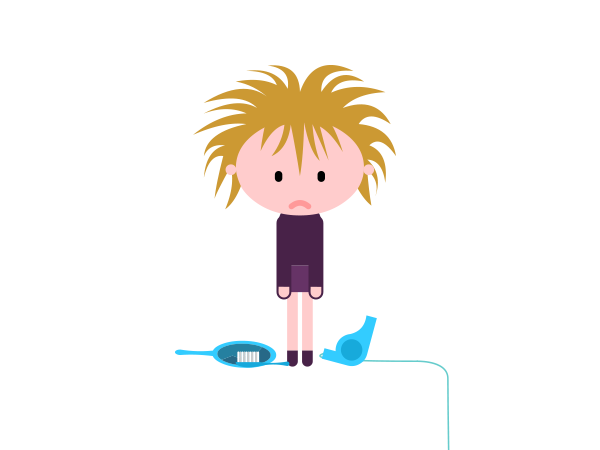
Self-Esteem
How you see yourself and more about self-esteem
What is self-esteem?
A common definition is “confidence in one’s own worth or abilities.”
Too little can leave people feeling deflated, concentrating on their ‘mistakes/weaknesses’, often seeing themselves to blame for situations. This can lead to bad choices or perhaps destructive relationships, anxiety or depression. Too much self-esteem can be an indication of narcissism, which can also negatively affect relationships. The ideal is a place where we hold a realistic yet positive view of ourselves.
What are the common symptoms of low self-esteem?
It can manifest itself in various ways. People can feel inferior to others, unable to promote themselves or have no self-belief. Without this essential ingredient, they can experience life as all about others and feel quite vulnerable.
Conversely those with low self-esteem can also act like other’s opinions don’t matter – authority can be resented and others readily blamed. Anger may be the surface emotion but underneath they may feel very insecure.
Equally people with low self-esteem may appear to be happy on the surface – perhaps they are successful, but inside they live with a constant fear of failure and need continuous success, in order to cover up their lack of self-esteem. Life can be experienced as a competition, which can be exhausting.
What causes low self-esteem?
The experiences in our lives, particularly the negative ones, can have an enormous impact on our sense of self. However, it is the meaning that we attach to these experiences that affect our self-esteem and these meanings can be entrenched and difficult to get hold of.
How can counselling help with low self-esteem?
We all have self-esteem, but where we sit on the spectrum between high and low self-esteem can determine how we experience life. A counsellor may explore how you have arrived at this particular point in your life, looking particularly at your understanding of yourself in relation to others. You and your counsellor can look together at how important outer affirmation has become and also how you can self-affirm. Gradually, you will be working towards a greater sense of yourself, where you can better withstand life’s fluctuations, assess yourself more accurately and become more accepting of who you are.
If you are worried about yourself or someone else, just get in touch and see how we can help. Or check out our database of counsellors and find one that is right for you.
